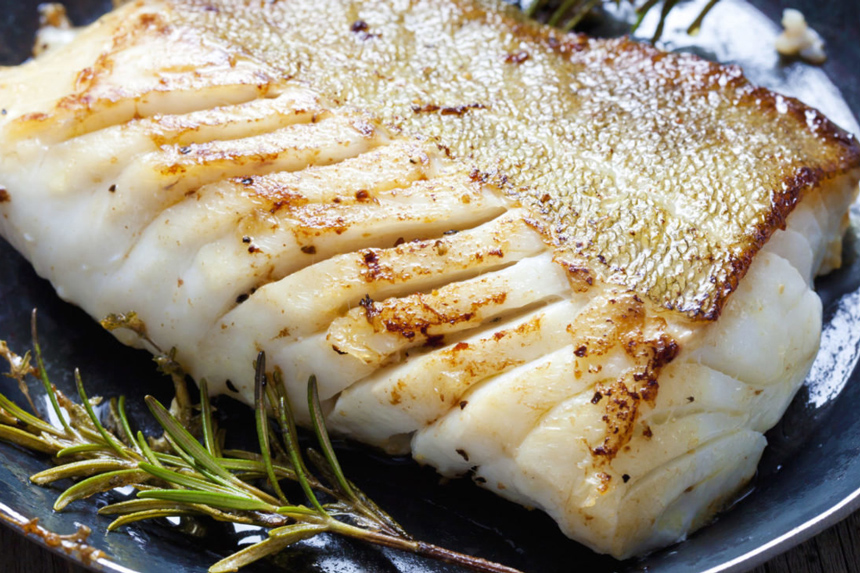Fresh Cod

Fresh cod, a lean protein source, is naturally low in sodium and high in essential nutrients, including omega-3 fatty acids, which are known for their heart-healthy benefits. Cod also provides a good source of vitamins B6 and B12, crucial for energy metabolism and maintaining healthy nerve cells.
Cod can be prepared in various ways, from baking to grilling, offering a mild, versatile base for various seasonings and sides. Including cod in a low-sodium diet not only provides essential nutrients but also supports a healthy heart, underscoring the importance of incorporating multiple protein sources in the diet.
Adopting a low-sodium diet doesn’t have to mean sacrificing flavor or variety. By focusing on fresh, whole foods and incorporating nutrient-dense items like broccoli, quinoa, and almonds, individuals can enjoy a rich and satisfying diet that supports their health goals. Remember, making informed food choices is key to managing sodium intake and promoting overall well-being.





